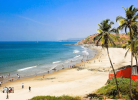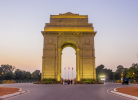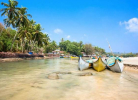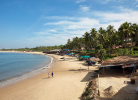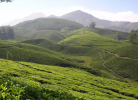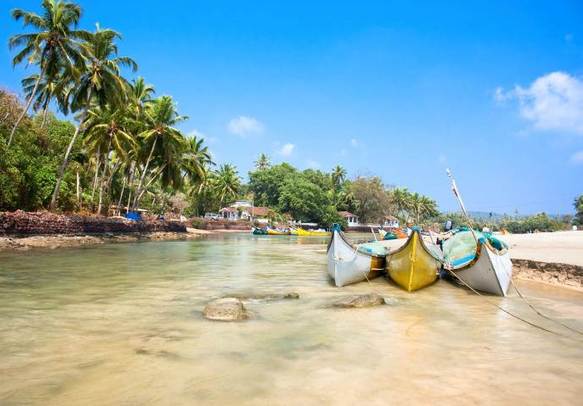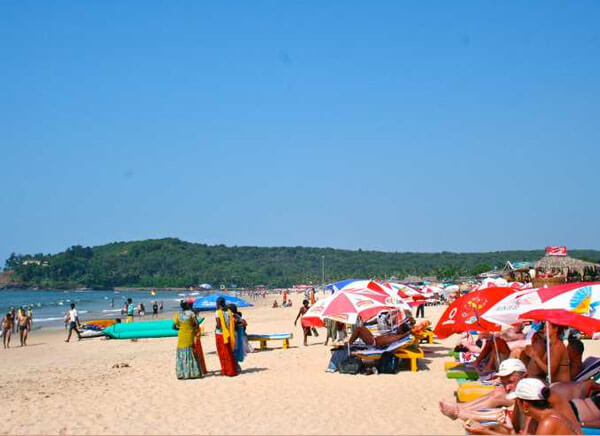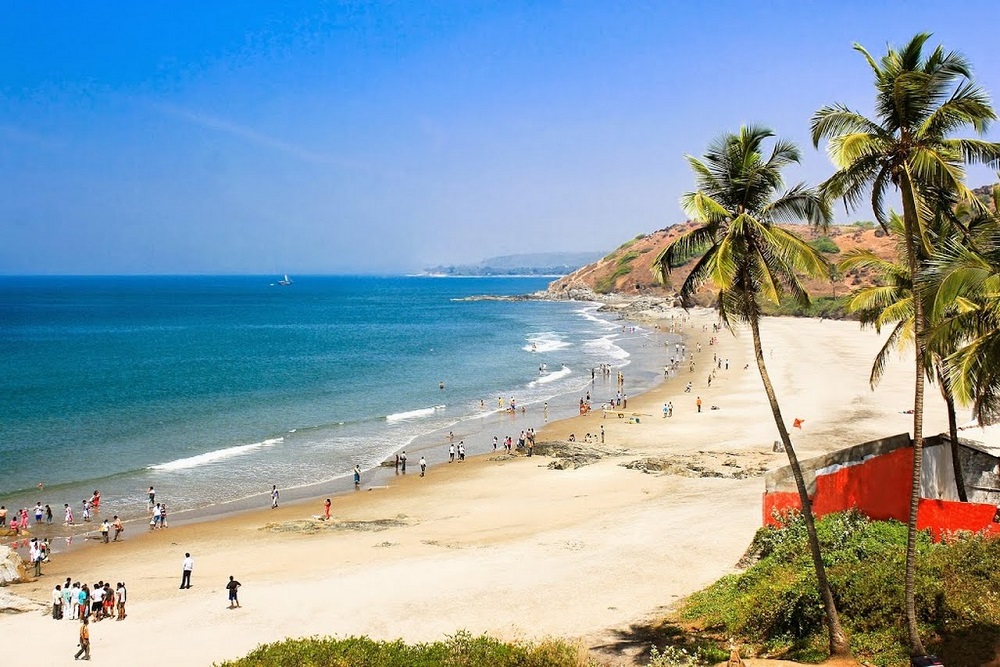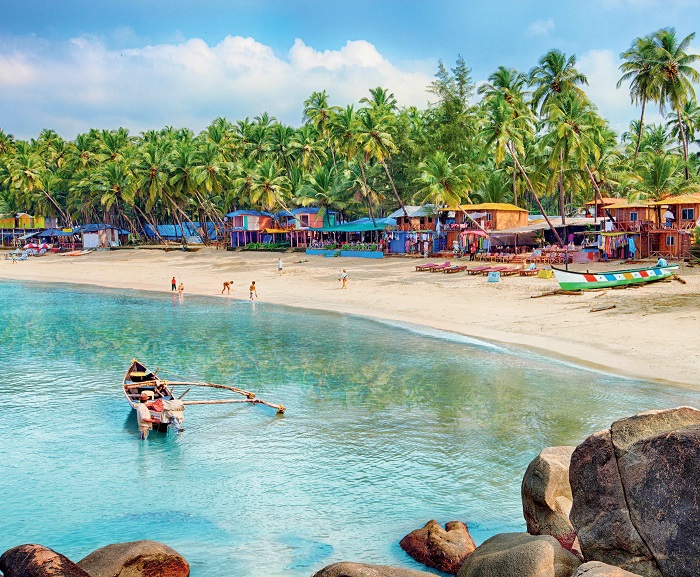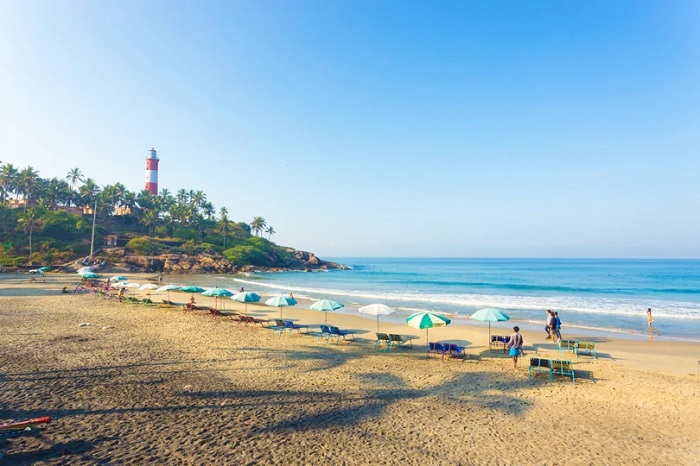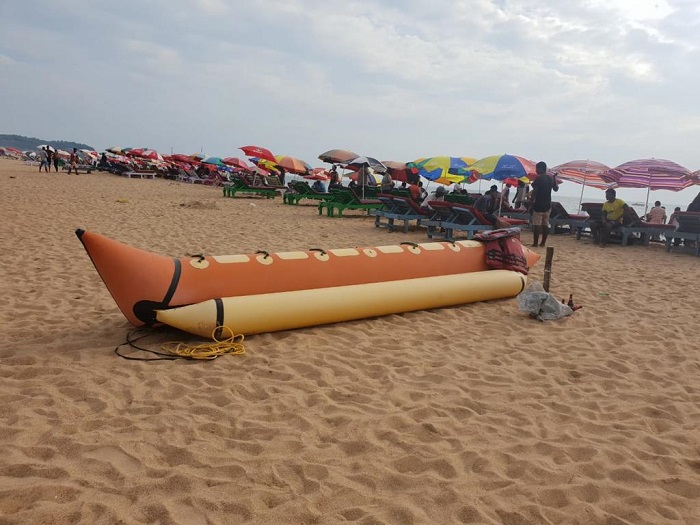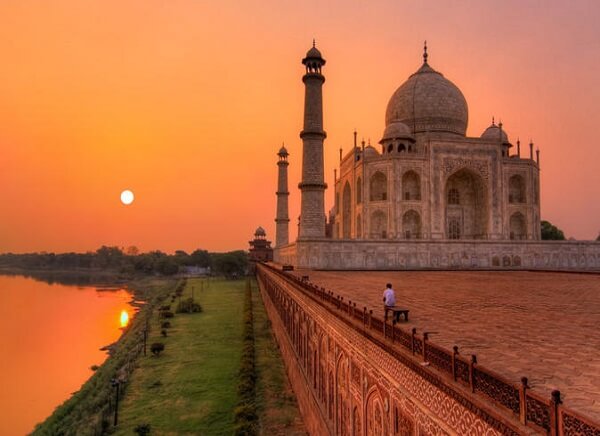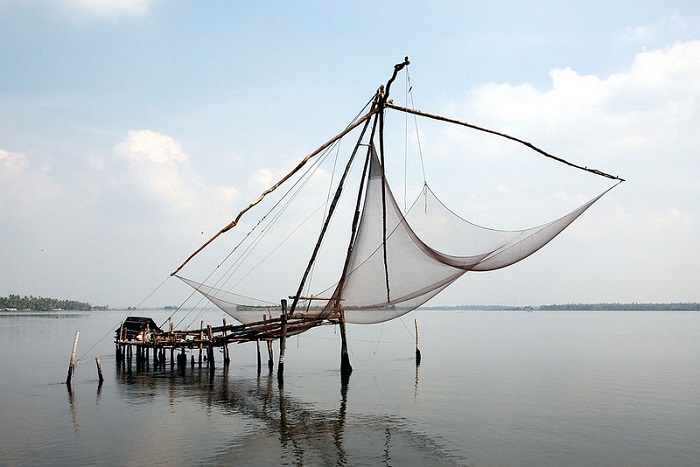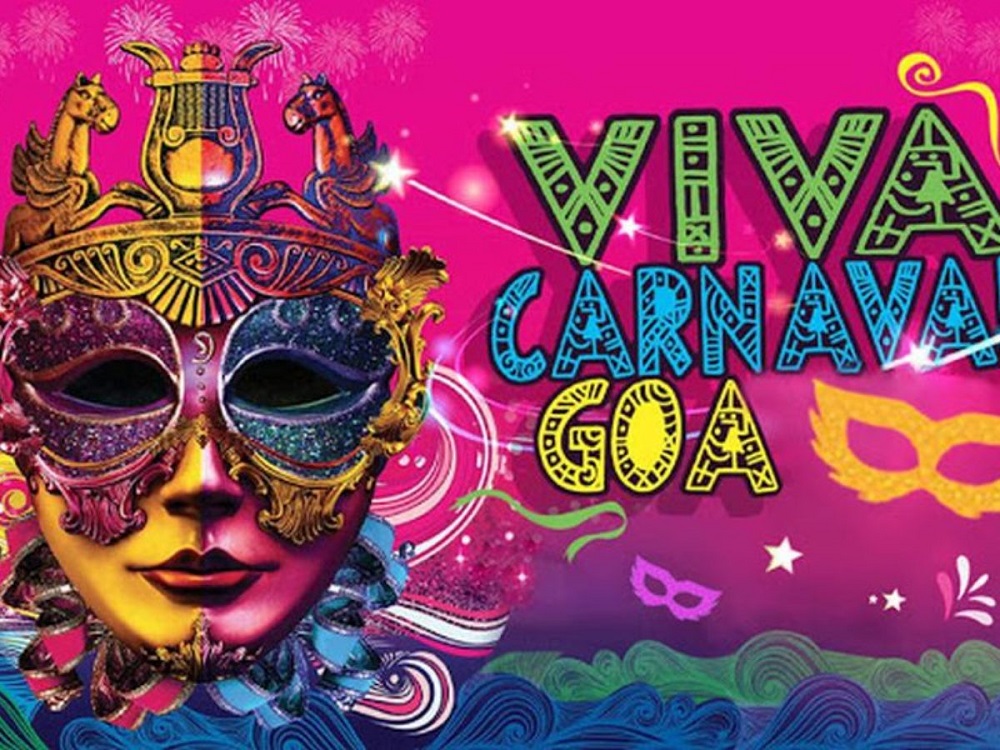History of Goa
Goa is the smallest Indian state that lies on the western coast of India. It has an influential historical background. It attracted the powerful traders, merchants, seafarers, dynasties, monks and missionaries as it was one of the major trading centers in India. Through rapid and continuous transformation in its cultural and socio economic development, Goa has left an unforgettable impression.
The first settlers of Goa are known to be Brahmins called Saraswats. They were so called because they inhabited originally banks of the River Saraswati in North India. Goa became the part of the Mauryan Empire in the 3rd century BC. It was later dominated by the Satavahanas of Kolhapur. Then it was handed over to the Chalukyas of Badami.
In 1312, Goa was under the control of the Muslims for the first time. But they were not fond of the beaches and thus left the place in 1370. To carry Arabian horses for the Vijayanagar cavalry through ships, Goa’s harbors were well known as the major landing place.
The seafaring Portuguese arrived at Goa in 1510 with a target to take control over the spice route from the East. It was an ideal place for them as it was blessed with wide rivers and natural harbors. The Portuguese had an influential control over the state as they expanded their provinces and were there in Goa for quite a long time. Most of the buildings and edifices of the city resembles the Portuguese architectural style as they constructed several Churches and Forts during their administration.
In the later part of 18th century, the Portuguese were defeated by the Marathas. Trade of the Portuguese came to an end in 1961, after the Indian army entered Goa.
Goa was officially declared as the 25th state of India in the year 1987, by Prime Minister Rajiv Gandhi. After few years, Konkani- the local language of Goa was considered as one of the 22 official regional languages of India. At present, it is known for having India’s highest per-capita incomes with fishing, farming, tourism and iron-ore mining which are the major sources of its economy.


